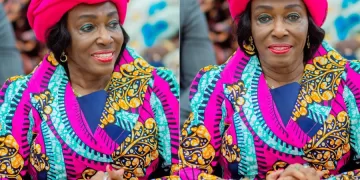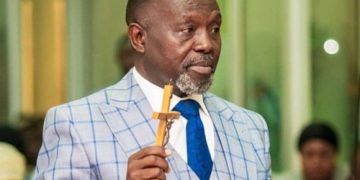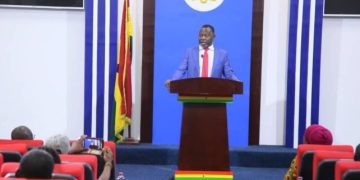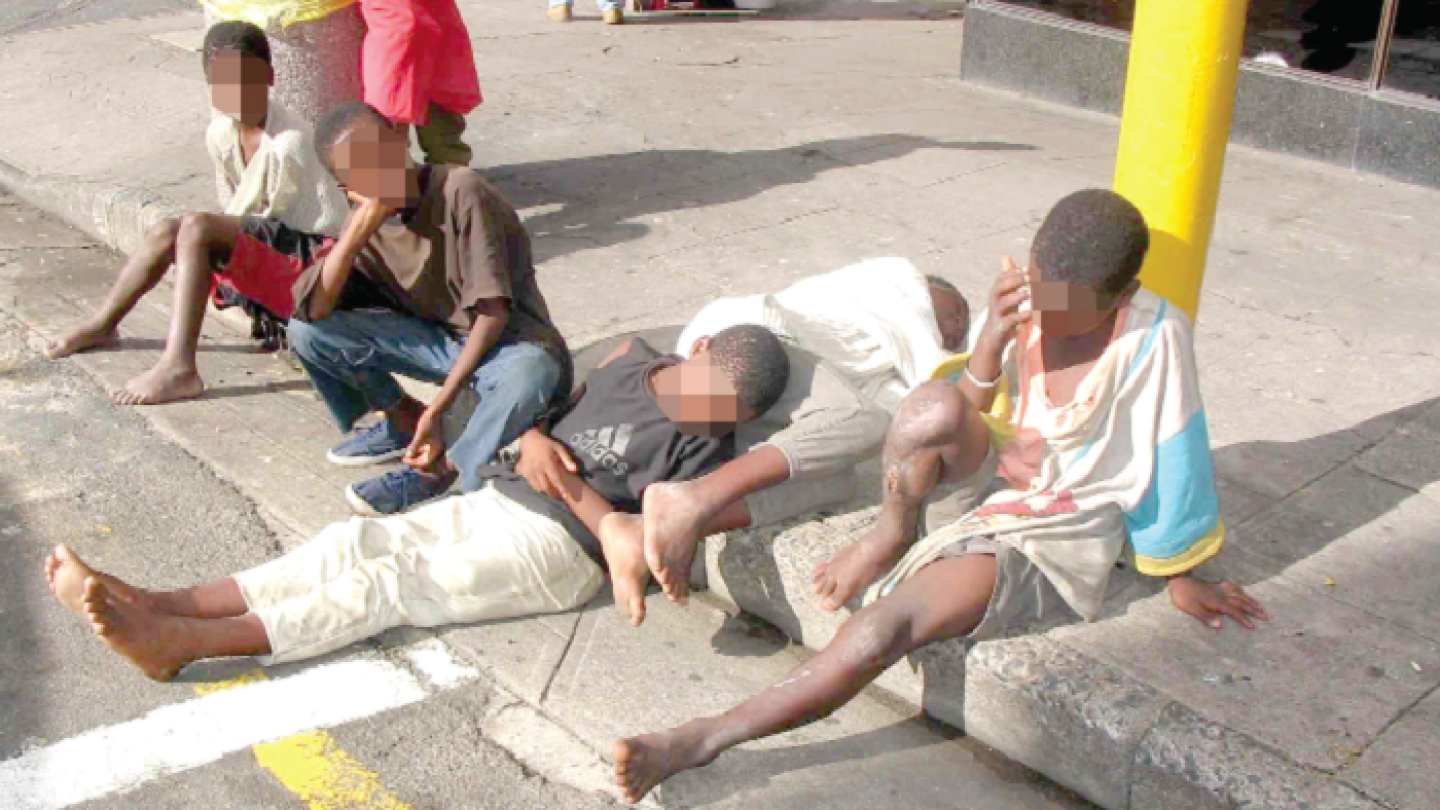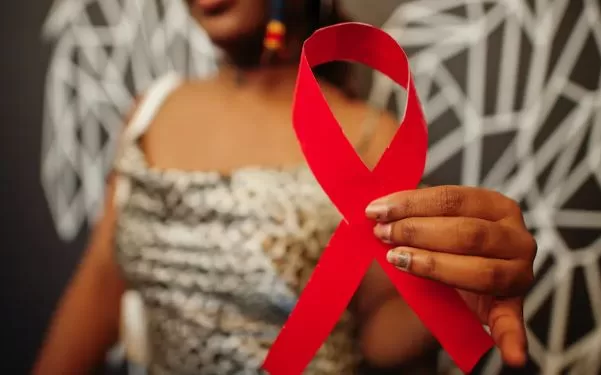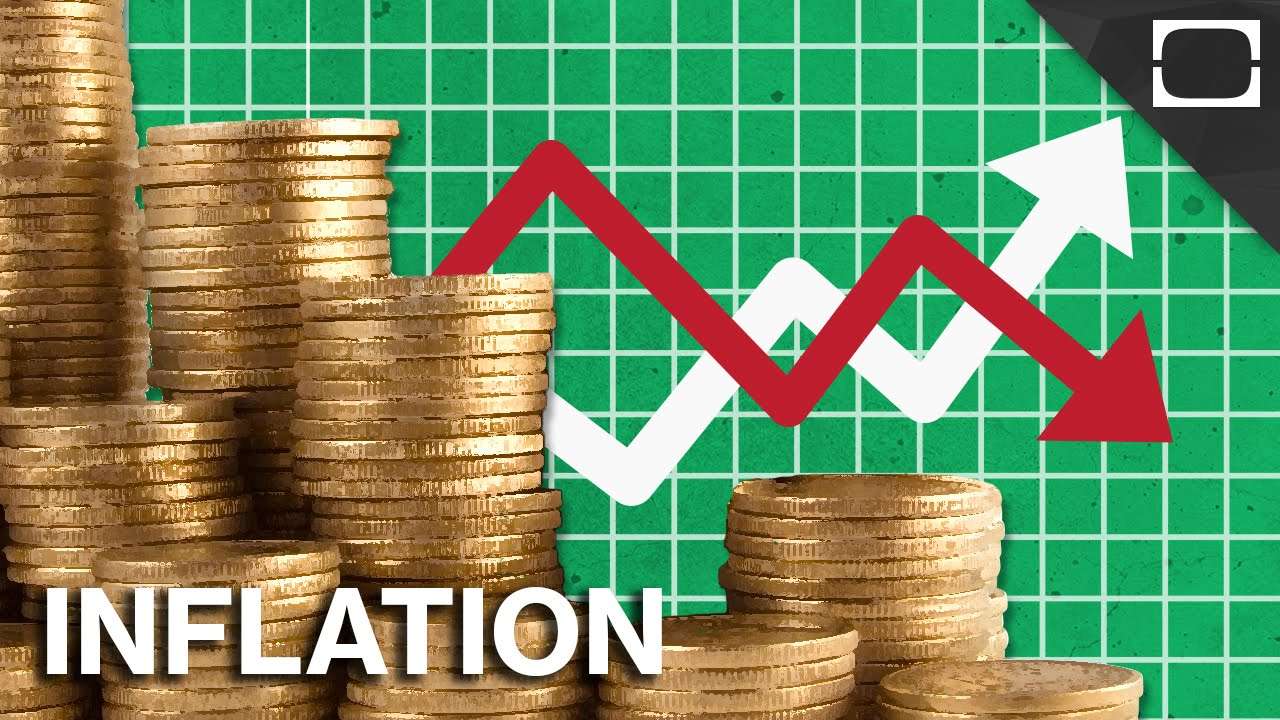Statistics from the 2021 Population and Housing Census (PHC) reveals that 1,215,546 children of school-going age (4 to 17 years) in Ghana are not attending school.
Out of that number, almost one million (942,427) children have never attended school before.
A press release by the Ghana Statistical Service ahead of World Children’s Day marked annually on November 20, 2022 indicates that the Savannah Region recorded the highest percentage of children who have never attended school in the country, accounting for 43.2%.
The release which contains findings from the 2021 PHC Thematic Brief on Childhood Vulnerabilities in Ghana presents statistics of children in Ghana focusing on the number and distribution of vulnerable children and the correlates of child vulnerabilities.
According to the findings, over a quarter of a million children (275,562) aged between 5 years to 17 years have difficulty in performing activities in at least one of the following domains: sight, hearing, physical (walking or climbing stairs), intellectual (remembering or concentrating), self-care, and speech.
Some 5,976 children in Ghana also have no shelter, thereby making them sleep outdoors.
The Greater Accra Region which had the highest share of 43.6% records about two in every five children sleeping outdoors while the Ashanti and Eastern region follows with 15.7% and 5.4% respectively.
“Nationally, 51,081 boys and 79,733 girls aged 12 to 17 years have ever been in union”, it stated.
With a percentage of 20.4%, the Northern region recorded the highest number of children ever married or living with a partner. This represents 26,698, that is, one out of every five children have ever been in a union.
“The report further indicates that one-third of the household population under 18 years representing 3,862,259 children are multidimensionally poor.
“The regions with the highest numbers, Greater Accra (550,118) and Ashanti (539,048), have more than half a million children each being multidimensionally poor”
Meanwhile, this year, UNICEF is encouraging a focus on equality and inclusion for every child.



